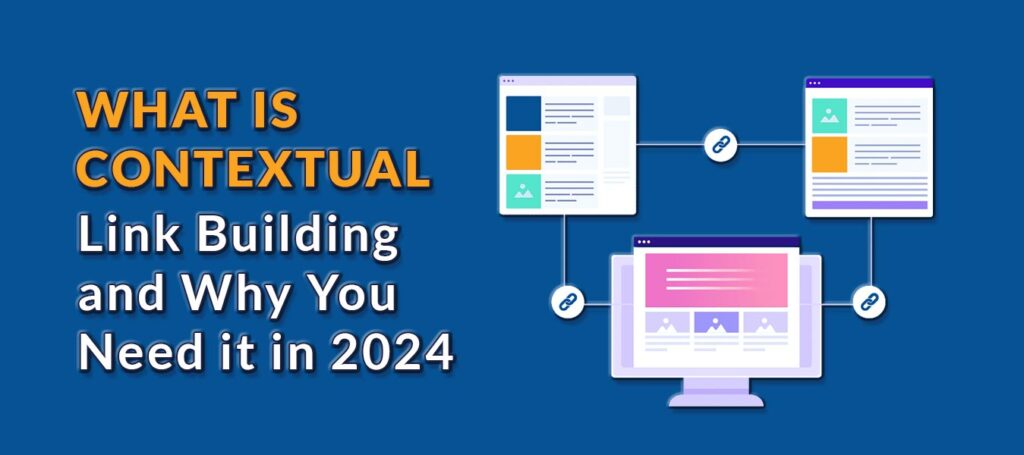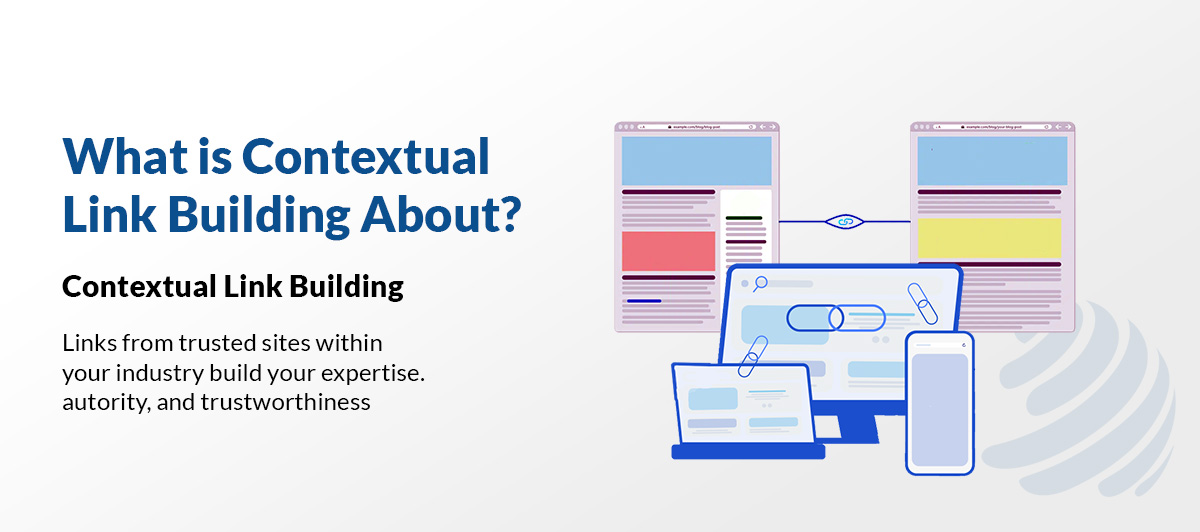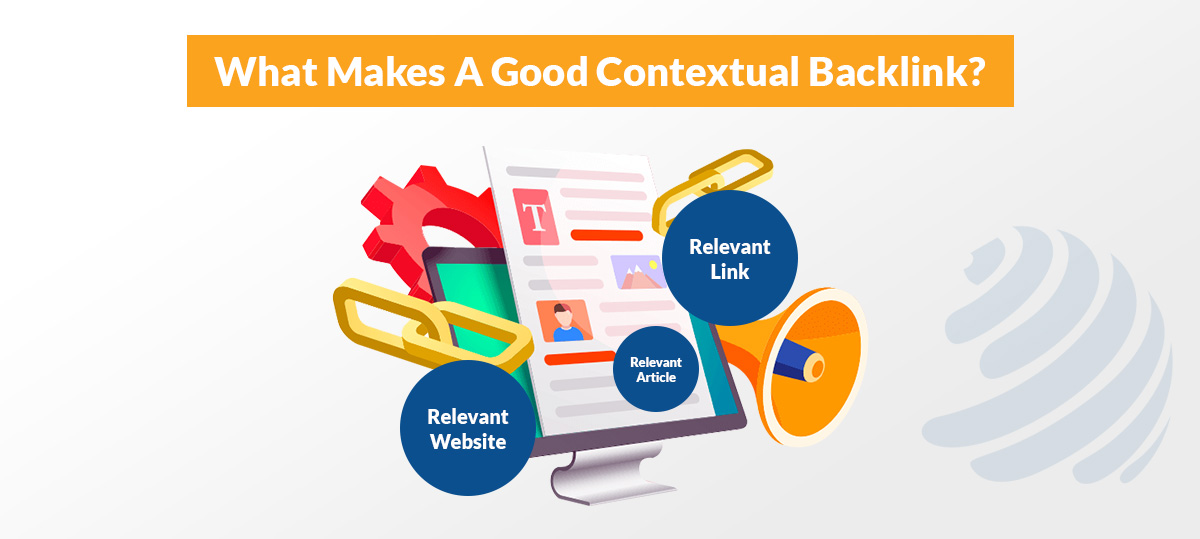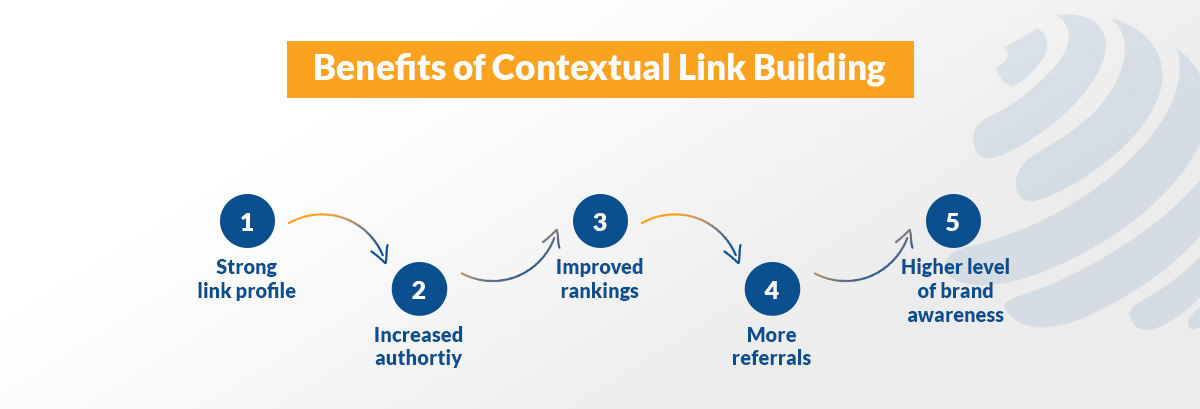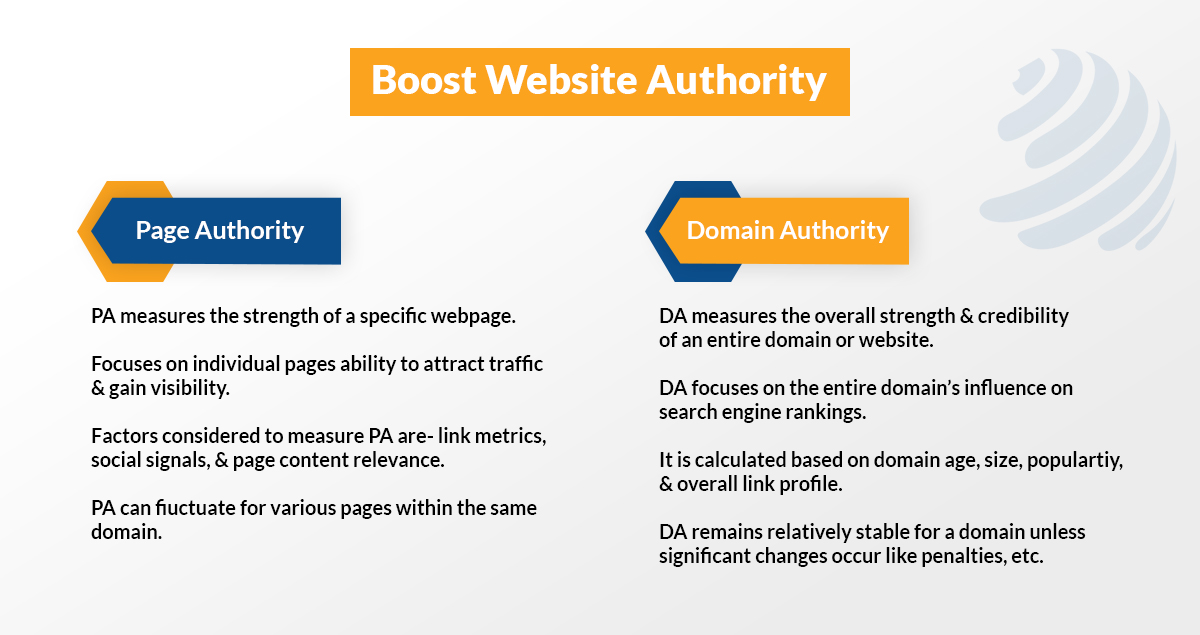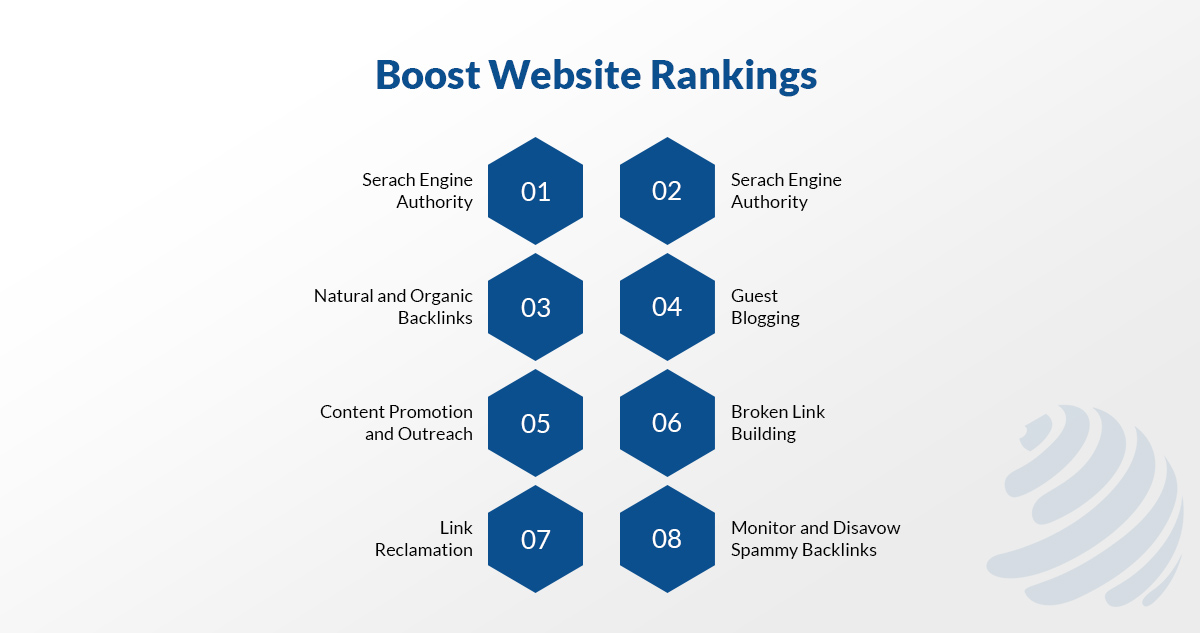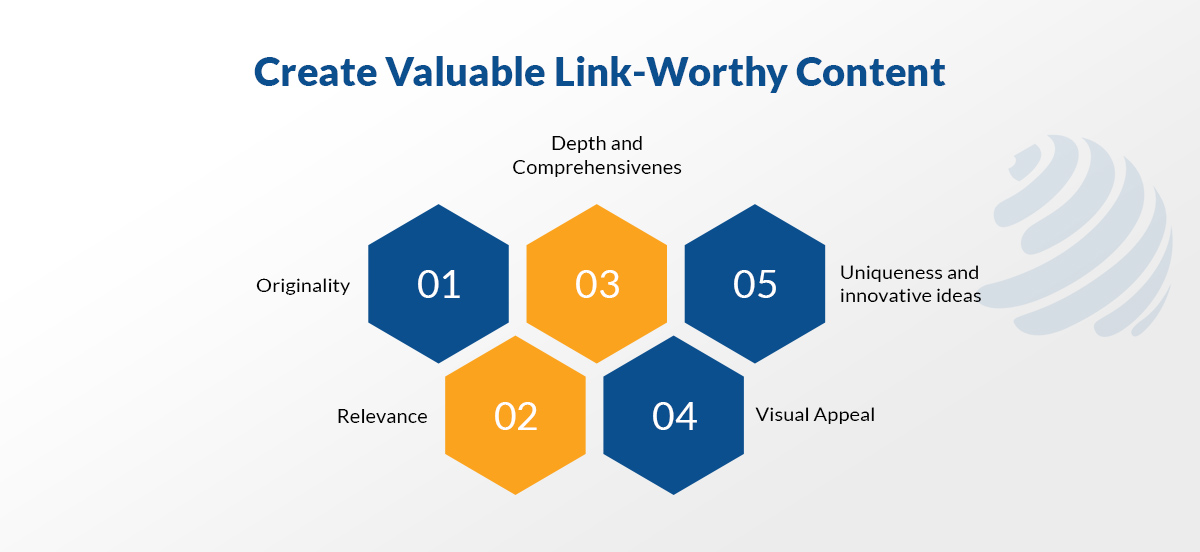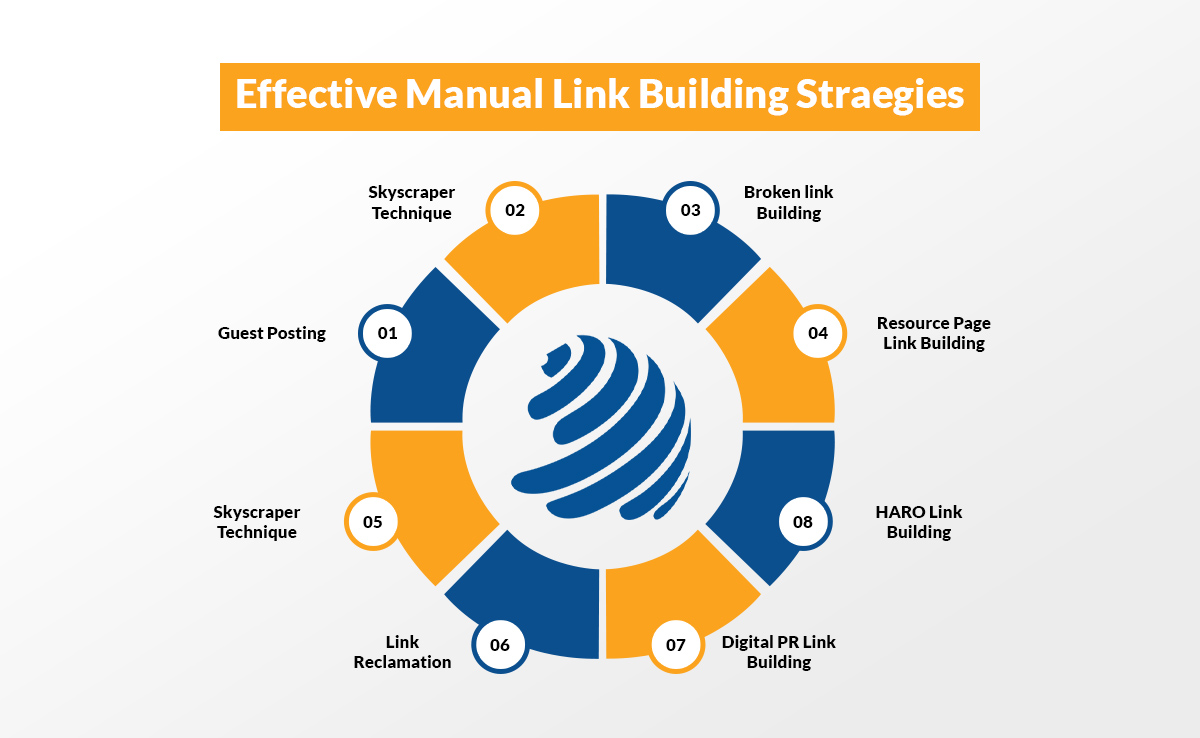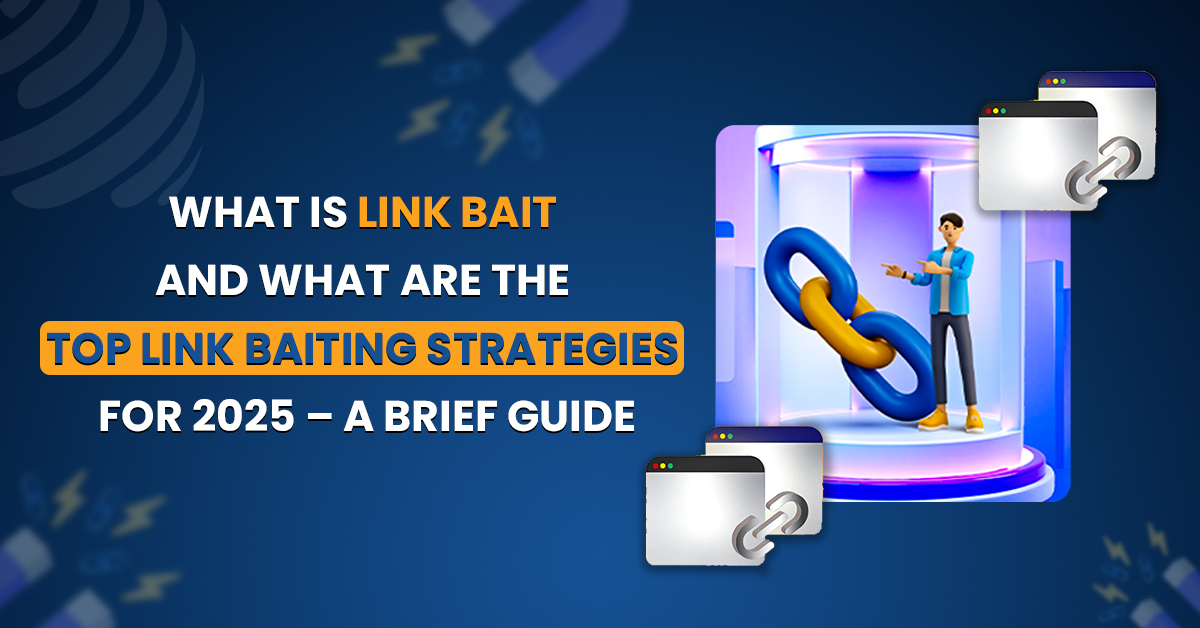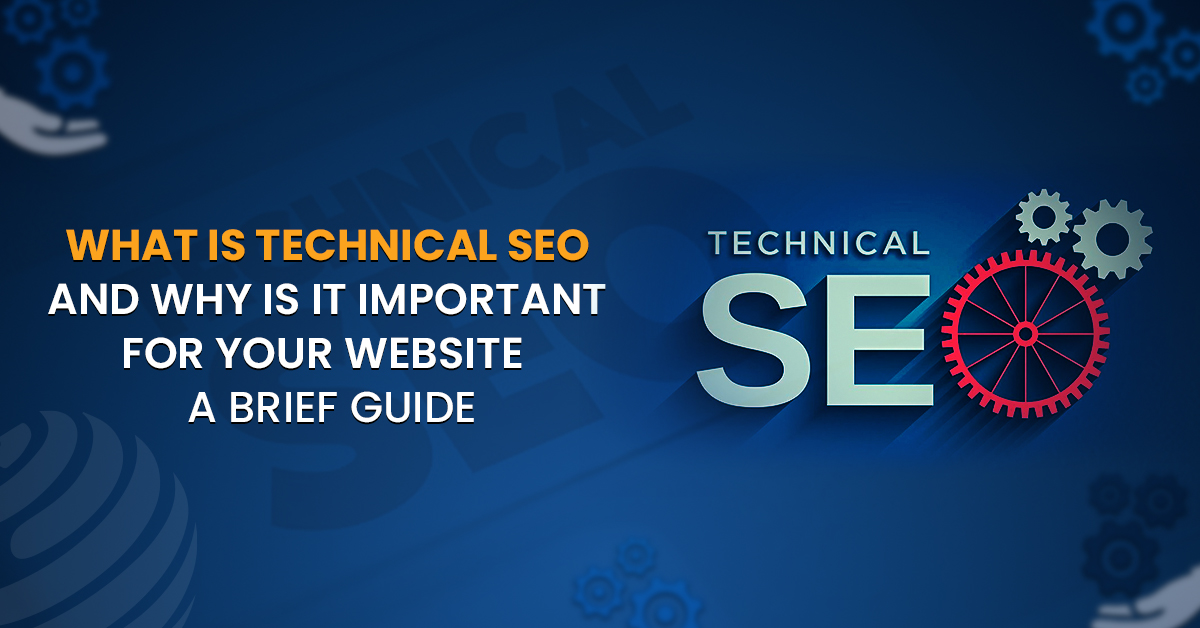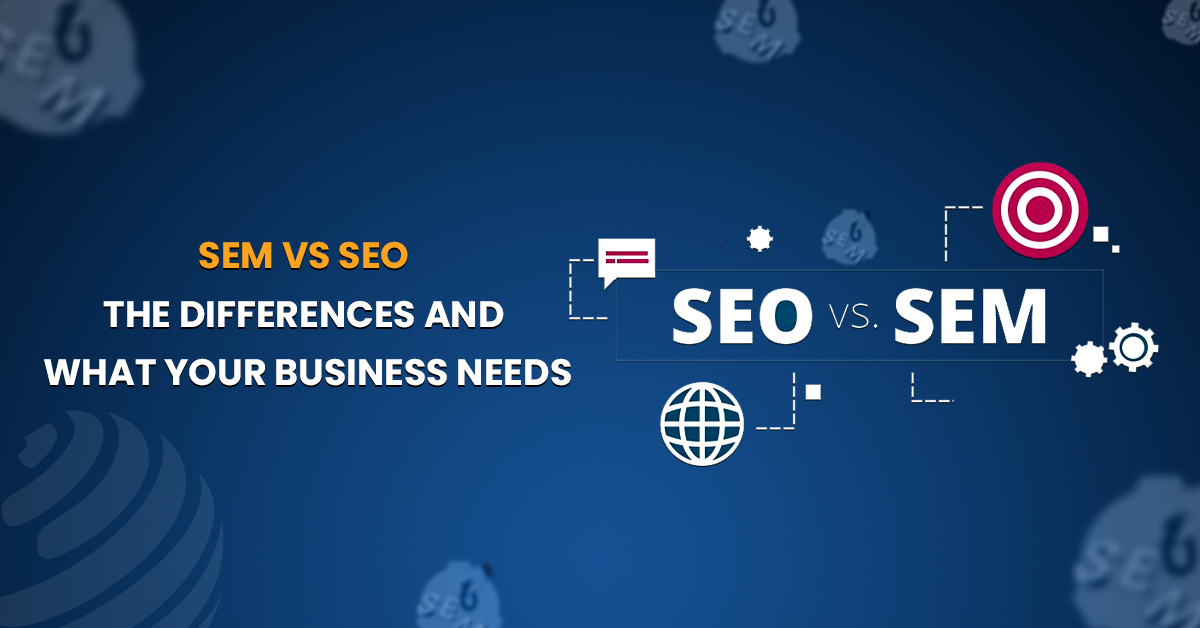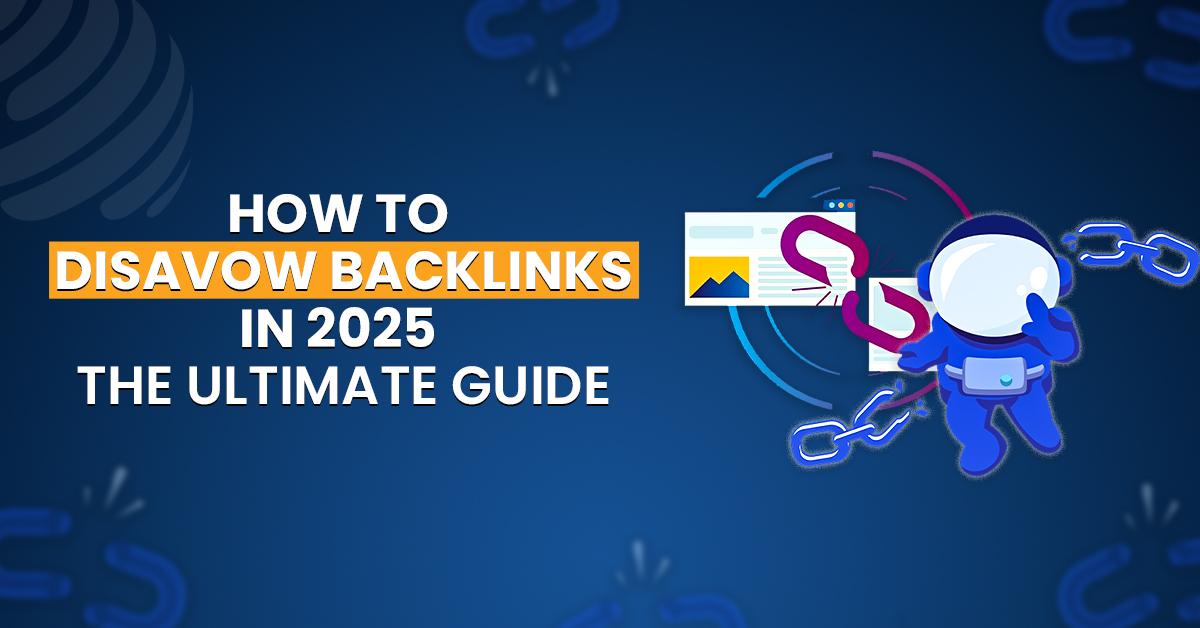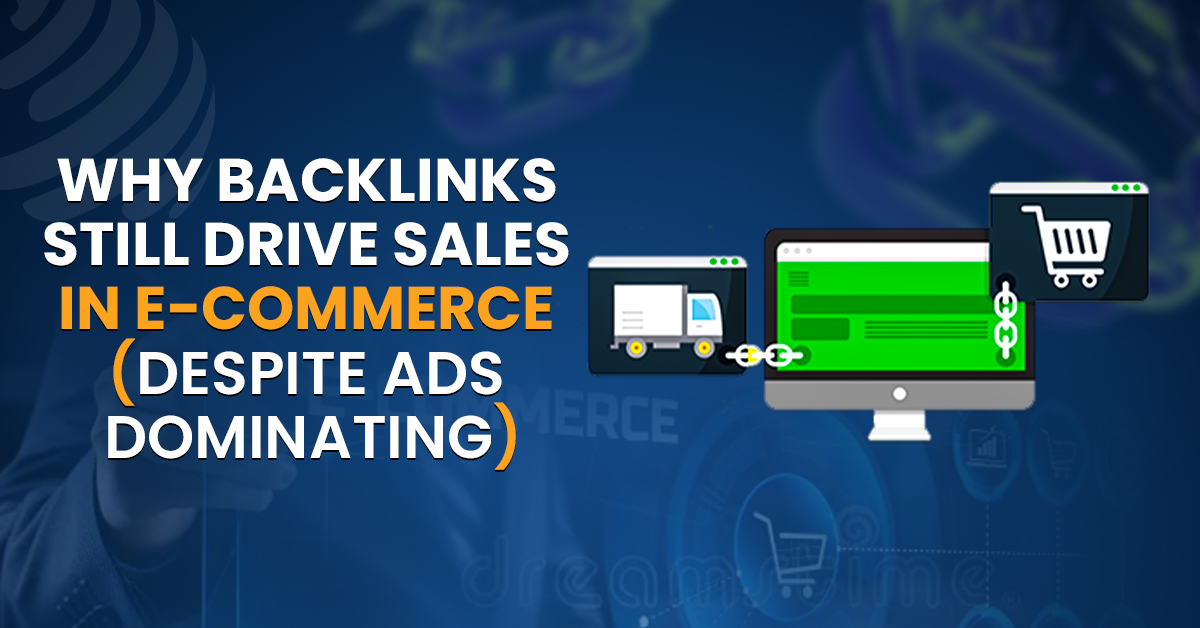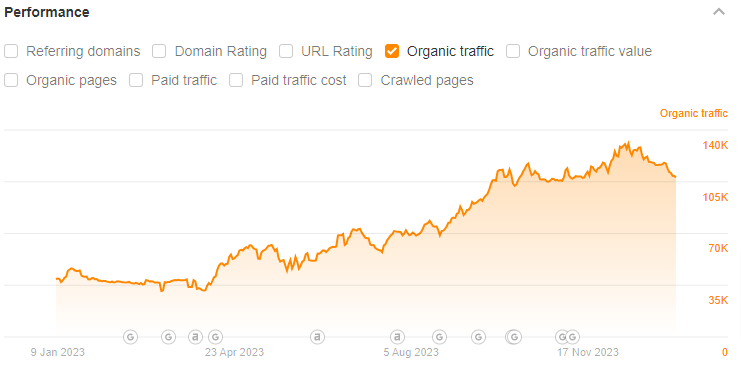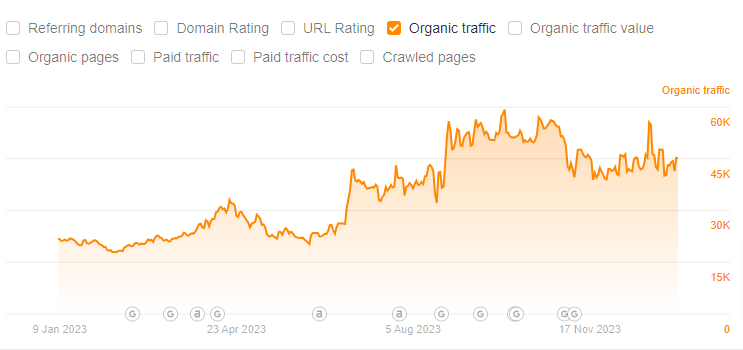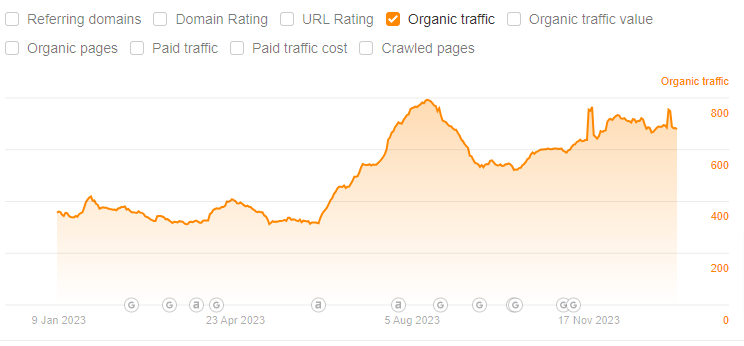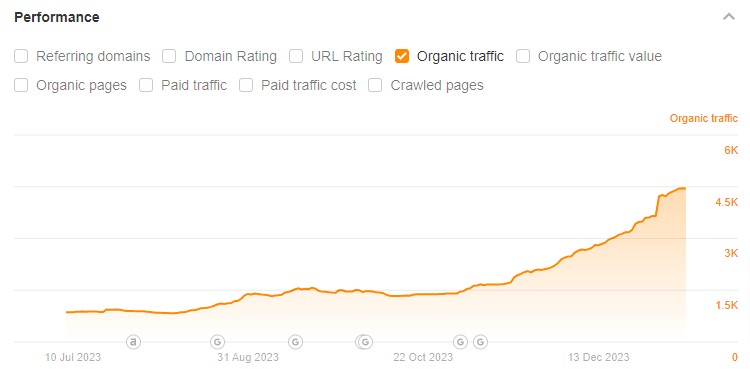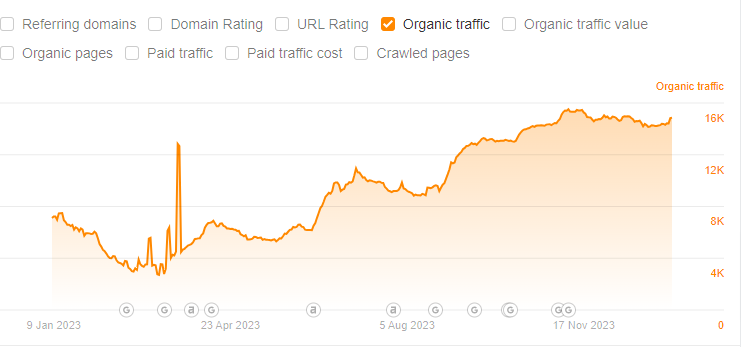If you want to rank on Google, you need backlinks. When it comes to the most powerful link-building strategy, we are essentially referring to contextual link building. Contextual link building can be your ultimate gateway to increase your SEO traffic within a short period.
Here is what happens: when you start building backlinks to your content – the authority of your website increases. However, most people who are new to the SEO game fail to realize that it is about the quality of the backlinks that makes them stand out from their competitors.
This aspect perfectly explains how contextual link building can make all the difference.
What is Contextual Link Building About?
If you are asking yourself what is contextual link building here is a simple explanation: contextual links are links that are inserted within relevant and existing content. Usually, contextual links are inserted within the body of an article or blog. So, you can simply pop in a link within a paragraph or a sentence.
Contextual links are one of the most common types of internal links. Within your content, it is often useful to link contextually to another page on your website. For instance, if you are talking about a topic in your blog, you can integrate a contextual link to link a phrase to another webpage that gets more in-depth about the topic.
The two important factors that differentiate contextual links from other links are “relevance” and “strategic placement.”
What Are the Different Types of Contextual Backlinks?
Contextual backlinks can be divided into three categories:
Internal contextual backlinks: Internal contextual backlinks connect the various pages of the same website. These backlinks enable users to navigate a website easily.
Outbound contextual backlinks: Outbound contextual backlinks are the links to external websites from your website’s pages. These backlinks provide additional insights and references on a topic.
Inbound contextual backlinks: Inbound contextual backlinks connect external websites to the pages of your website. These backlinks are incredibly important from the SEO viewpoint as these indicate to Google that your content is authoritative and trustworthy.
What Makes A Good Contextual Backlink?
Suppose you are new to the contextual link-building game. In that case, you must be interested in understanding the criteria that make a good contextual link, which actually contributes to your website’s backlink profile:
Relevance of the Link
Relevance stands out as the key factor that determines the ranking of the linked page. On that note, link relevance indicates how the content or topic of one webpage is relevant to another page that it is linked to. The higher the relevancy, the more chances there are for each of the linked pages to rank for queries and searches related to the topic.
How Google Determines Link Relevance
Google and other search engines determine link relevance by the topic of the linking page as well as the link’s anchor text. Also, the anchor text used in the contextual backlink indicates to Google the content of your page, which further helps with ranking your webpage for the right keywords or phrases.
So, at the time of using the anchor text or keyword for the link, choose a keyword or anchor text that very accurately describes the subject of the page that you are linking to.
Benefits of Contextual Link Building
At this time, you might be wondering whether or not contextual backlinks are worth your effort. The answer is absolutely yes. Check out the potential positive outcomes that you get to enjoy with contextual backlinks.
Create A Diverse and Strong Backlink Profile
The stronger your website’s backlink profile, the higher you will rank in search engines. Why, you might ask? The reason is that Google wants to see relevant and high-quality backlinks, in which contextual backlinks will appear as valuable and natural. Just make sure to incorporate all types of contextual backlinks, such as inbound, outbound, and internals, in your link-building strategy.
What this will do for you is it will help you establish a healthy and natural-looking backlink profile that will reinforce your website’s credibility in the eyes of Google.
Boost Website Authority
Backlinks are essential for passing on authority, especially when it comes to inbound contextual backlinks. When you earn a contextual backlink from a high-authority, relevant, and trustworthy website – that website passes on its “link juice,” which refers to its authority. This “link juice” is the basic aspect of how Google gauges the relevance and credibility of web pages at the time of ranking them.
This aspect also indicates why quality backlinks matter more than the quantity of backlinks.
Boost Website Rankings
Another benefit of contextual link building is that this link-building strategy can help you improve your website rankings. The primary goal of all websites is to outrank their competitors and get a top position in SERPs. On that note, contextual link building allows you to achieve this very goal and maintain it over time.
Contextual backlinks help boost the relevancy of a website, and relevancy is the key factor in Google’s algorithm.
Get More Referrals
Contextual link building is a strong SEO strategy to get referral links to your website. Contextual link-building is a proven strategy for getting natural and relevant links, which is exactly what Google likes. On that note, if you are in a tough niche, you get ten times more link-building prospects because the links you will get won’t have to be niche-relevant but – contextually related.
You can get more referral traffic if you truly publish unique, valuable, and trending content that news and other bloggers would love to link to. If bloggers include a link related to your niche in their posts, you can receive referral traffic, too.
Boost Brand Awareness
Another benefit of contextual link-building is related to an increase in brand awareness. However, to truly benefit from contextual link-building in this regard, you must be strategic and think about the potential topics and content that would attract the attention of your ideal readers. For instance, if you have published a case study, bloggers relevant to your niche might cite your website’s name or your company’s name while quoting the research, which would then boost brand awareness.
What Are The Best Contextual Link Building Strategies?
Now that you know what makes a good contextual backlink and why you need contextual link building in the first place, let us move on to the part where we break down the best practices for contextual link building.
Create Valuable Link-Worthy Content
One of the best practices for contextual link-building is creating valuable content that other sites want to link to. You might want to improve your existing content or create informative and high-quality content from scratch to naturally attract link-building opportunities.
When it comes to creating valuable content, high-authority websites usually find these types of content attractive:
Case Studies
Case studies are all about real-life examples regarding how organizations, as well as individuals, overcame certain problems and achieved their goals while using certain products or techniques. Bloggers search for case studies to support their articles.
Thought Leadership
Regularly publishing content around your industry or niche can help you build authority within the niche. Thought leadership content makes you an expert on a subject matter as you post your opinions and expertise that others might want to quote or cite on their web pages.
Trending Topics
You can secure contextual backlinks by publishing content that revolves around viral topics or trends. Such content is always up-to-date and time-relevant. When going for trending topics, you must ensure that you have a time-sensitive approach, as you cannot plan your content in advance.
Original Research
This type of content includes published studies and surveys. Bloggers and journalists usually look out for original search and data-driven content as a means to support their articles, which is why you can consider publishing original research content and securing a high-quality background in return.
Establish A Strategic Contextual Internal Linking Structure
For effective contextual link-building, assess your website and look for ways you can interlink the webpages to prompt Google to index your webpages while simultaneously distributing ink-equity throughout your site.
If you don’t know how to start, you can determine the hierarchy of your website by determining which pages are the most important for your website, such as product pages, blogs, and any other pages. These pages will serve as the base for your internal link-building strategy.
Pro Tip: When internally linking your web pages, use descriptive anchor texts that precisely describe the content of the linked page. This way, you will provide context for Google and your users.
Manual Contextual Link Building
After optimizing the internal linking structure of your website, start manually building contextual inbound links to your website. And just so that you know, this is a time-consuming process that is easier said than done.
You will be reaching out to editors and bloggers and asking them to insert your links. To leverage manual link-building, you can consider the following strategies:
Unlinked Mentions: Using this manual link-building technique, you will be identifying unlinked brand mentions of your own brand or website on other websites. Once you have identified the unlinked mentions, you should politely reach out to those website owners and request them to link back to your brand name or website.
Guest Posting: Guest posting is a popular link-building technique. It is also simple, as you will be writing articles for niche-relevant sites by including contextual links to your target pages and the pages. Guest posting is an amazing way to reach a broader target audience while simultaneously engaging in relationship-based link-building.
Relationship-Based Link Building: This technique is effective for securing contextual backlinks, and it involves connecting with other link-builders and content managers with the purpose of link exchange.
Broken Link Building: This technique involves searching for broken links on relevant websites. Subsequently, you will be reaching out to the website owners and offering your content as a replacement for their broken links.
Digital PR: This manual link-building technique involves creating valuable, original, and essentially newsworthy content and then pitching the content to journalists or media outlets. This strategy is quite similar to HARO link-building.
Skyscraper Technique: This technique is about searching for the content of your competitors with the intent of creating better or more valuable content on the same subject so that other bloggers link to your content instead.
Hire The Service For Contextual Link Building From An Agency
If building contextual backlinks feels like tons of work for you, you can opt for hiring a contextual link-building service as a better alternative. You can reach out to a link-building agency that offers great contextual link building service. What this means for you is that they will do everything for you by handling the entire process.
On that note, there are several things you can do to ensure that you have hired the right agency for the needful.
Assess Reviews
You will want to go a bit deeper than what is written on their website. You can assess reviews on many unbiased platforms to gauge results and assess whether or not people are happy with their services. You want to ensure that they are delivering their promise and not just selling it.
Ask for Case Studies
Ask the agency for proof in the form of case studies that reflect their results. If they cannot show you their case studies, you want to treat it as a red flag. Their success stories should speak louder than the amazing sales pitch in their emails.
Ask About their Process
Before hiring a link-building agency, ask them to walk you through their process of link-building. Make sure they are opting for the white-hat link-building route instead of buying links and putting your website’s reputation at risk. Only hire their services and buy contextual links if you see legit link-building methods.
Always Pre-Approve
Ask the agency to let you approve the sites where your links will be placed. This way, you can ensure that you are part of the decision-making process. Also, you can double-check the quality of those websites so that you know that you are paying for value.
Final Thoughts
Contextual link building demands your effort and time. If done the right way, you can enjoy great benefits in terms of boosting referral traffic, improving domain authority, and boosting your website’s ranking. You will also enjoy higher credibility in the eyes of Google. On that note, if you want to leverage contextual link-building, the best you can do is to discuss your goals with a link-building agency and get the help you need to reach your goals.
FAQs
How can Contextual Link-Building Benefit You?
Contextual link building can help you boost awareness of your website content. As other websites will link to your web pages, your SEO score will increase, and Google will find it easier to crawl your content and web pages.
What is The Best Link-Building Approach?
There are various methods of link-building. You can leverage broken link-building to earn quality backlinks to your website’s content. You can look for broken links on relevant websites by using the right tools. Subsequently, ask the website owners to link to the content on your site.
Is Link-Building Effective?
Link-building is a crucial aspect of SEO and helps you rank higher in search engines. Link-building helps establish domain authority and boost conversion rates.

